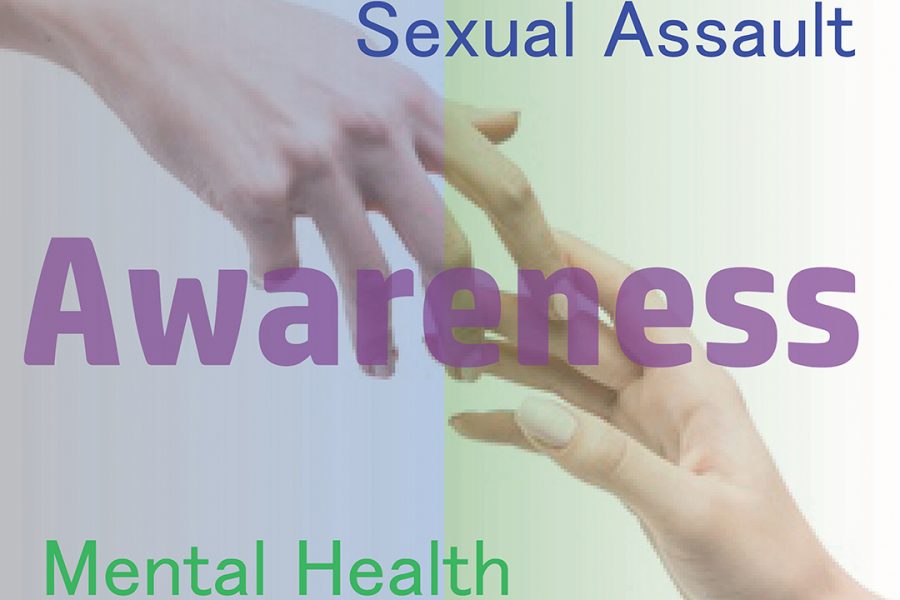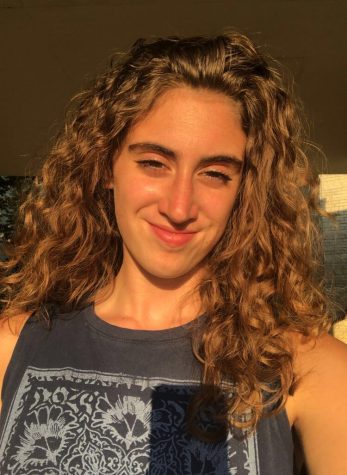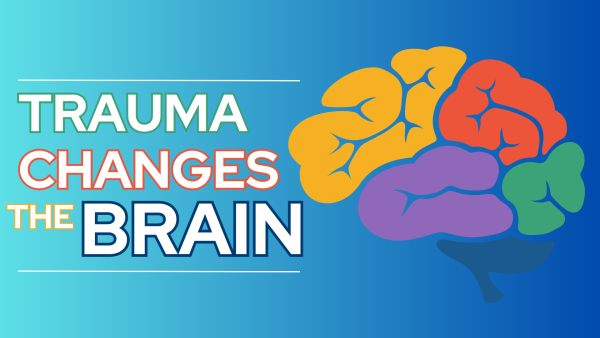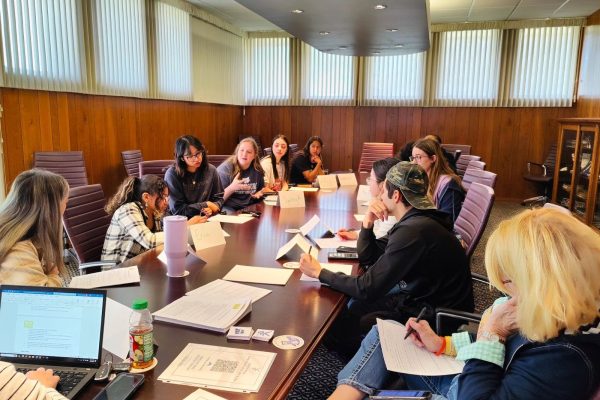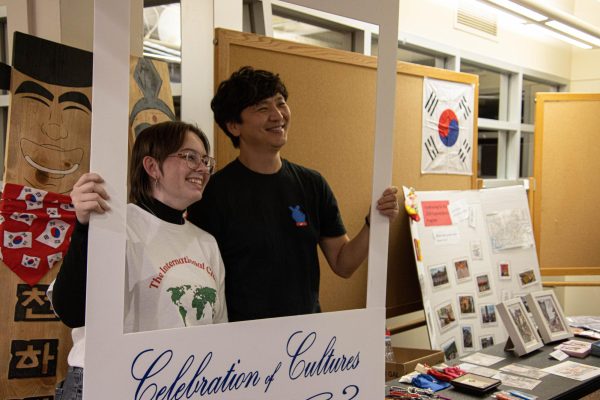Mental Health: Is Washburn doing enough?
“Mental Wellness” sickens students
Leaping into college, students face mental health illness, making their foundation hard to stand on.
This foundation is broken concrete, filled with fear, uncertainty, and lack of direction amid of COVID-19.
This is what Washburn can do better.
Statistics for tracking mental illness are difficult to identify because every call may have underlying components of mental illness involved, according to Chris Enos, chief of police at Washburn.
Enos has worked around students for 20 years.
“This morning we handled a disturbance call,” said Enos, “but really at the root of the call is probably either drugs or mental illness, or both.”
Enos calls it “running a gambit,” when assessing helping students in a mental crisis. Throughout an academic career, pressure in social/economic status, exposure to drugs and alcohol, home environment, and relationships contribute to the steady rise and decline of grades and meeting the expectation of success.
“You’re pressured to succeed academically and at the same time, overcome economic obstacles as you start your life,” said Enos. “Put all of those in conjunction, and we can start to see a crisis .”
Pursuing her master’s in clinical psychology, Caitlin McGee interns at the student-run mental health clinic, providing more detail as to common afflictions this spring semester.
McGee was in the process of grieving her grandfather’s death when meeting her.
“My brain has been all over the place with everything,” said McGee.
Both McGee and Enos shared common themes of understanding mental illness on a case-by-case basis. Mental illness is hard to talk about because we all grieve differently. It all depends on the individual.
Students have two choices to receive help when in distress, providing two counseling services: the student-run clinic, and counseling services in Kuehne Hall.
“Recently, counseling services have been, at least last semester,” said McGee, “swamped with people. They were giving us some of their students. We were both at a cap of how many people we can take.”
The max number for the student-run clinic where McGee works as a therapist is three clients per student. There are 10 student therapists per cohort. There are two cohorts that make up the student-run clinic. This makes 60 students treated for mental illness cases.
“A lot of times it is anxiety and depression,” said McGee. “I know the pandemic has caused a lot more anxiety than maybe was not there previously. People are concerned about doing day-to-day activities that they weren’t anxious about before.”
What is not known is the max capacity for Counseling Services, offering licensed therapists that address students’ concerns.
One student who advocates on behalf of students’ concerns regarding the relationship between sexual assault and mental illness is Ariel Smith
Smith, a junior majoring in elementary special education, wrote a bill last year advocating for survivors during April: National Sexual Assault Awareness Month.
“In Feb. of 2019,” said Smith. “I was a victim of sexual assault and rape. That was the final straw that caused me to join WSGA. I felt like there wasn’t enough support for survivors on campus.”
Smith saw the correlation between sexual assault and mental illness. She also gave insight into WSGA’s Cause for a Cause event during success week.
“This week we’ll have success week, sexual assault awareness month and mental health awareness.”
After seeking mental health services, Smith was diagnosed with PTSD. Smith stated that PTSD is as common in sexual assault survivors as in U.S. veterans. The same level of severity stands.
“I felt like Washburn could have been doing more. I think it was a lack of awareness. This resolution has had a much better success rate than expected,” said Smith. “In today’s world, everyone is struggling. I know people that never had anxiety or mental health problems and they are struggling.”
According to Chief Enos, students have two types of counseling services available to them. An employee assistance program is a service provided to staff and faculty. Community resources such as Valeo Mental Health and Stormont Vail West, are also mental health institutions that provide medical assistance. There is also a 24-hour crisis hotline.
Topeka, Kansas CIT unit (Crisis Intervention Team Member) also works alongside Washburn Police. In some cases, Enos talks to the students while other cases may result in hospitalization. Taking it a step further, even suicide.
“It still seems like there is not enough,” said Enos.
Spring Break Misfires
One possible contribution to the widespread mental health cases in college students could be the cancelation of Spring Break 2021, trading a week of rest and relaxation for mental wellness days that occurred on two Fridays in March.
Adam Young sat on the chair for internal affairs during WSGA’s fight to give students some kind of break. Young stated that the bulk of his studies were from Monday through Thursday, rendering these mental wellness days useless to him.
“As far as communication from administration to the students, and communication from WSGA to students,” said Young, “I think there is a gap there. We [the students] saw the [administrators] take away our spring break. They gave us two mental health days to make up for it.”
Young is glad that these days were given to the students, but stated that WSGA fought with Washburn for weeks in the fall of 2020 for “mental wellness”.
“[Washburn] wasn’t preemptively asking for our wants or desires as consumers of the product that they are giving us, which is the college education, and an eventual degree,” said Young. “Unfortunately they informed us of the decision afterward, behind closed doors, and without a lot of student input.”
Edited by: Matthew L. Self, Katrina Johnson, Crystal Hendrix
Your donation will support the student journalists of Washburn University. Your contribution will allow us to purchase equipment and cover our annual website hosting costs.



